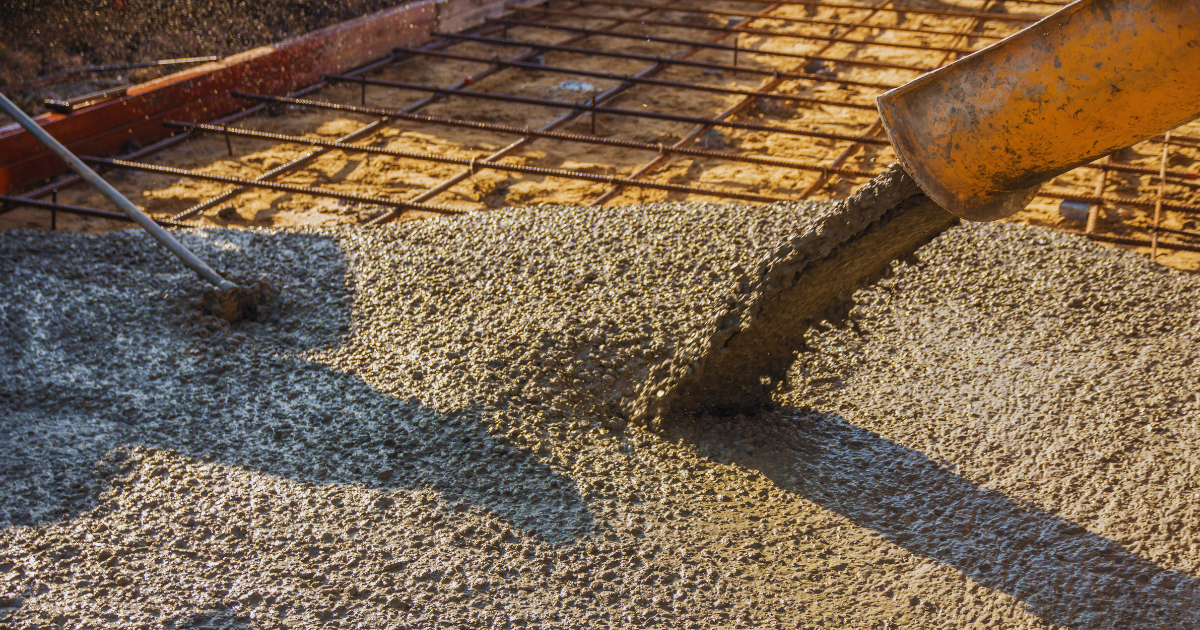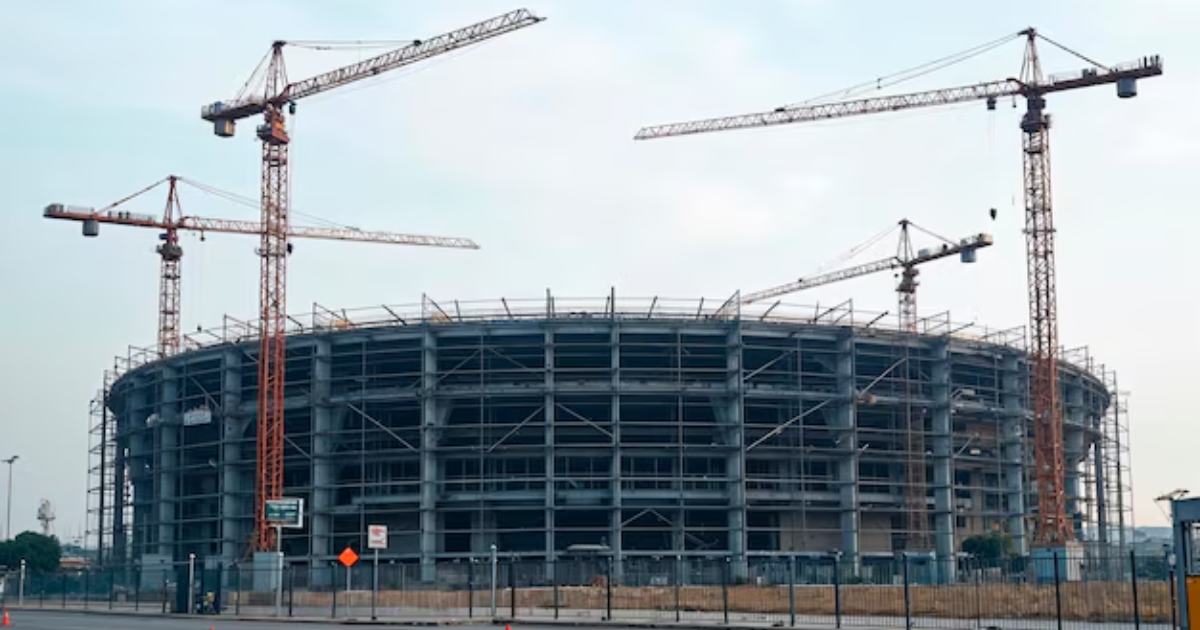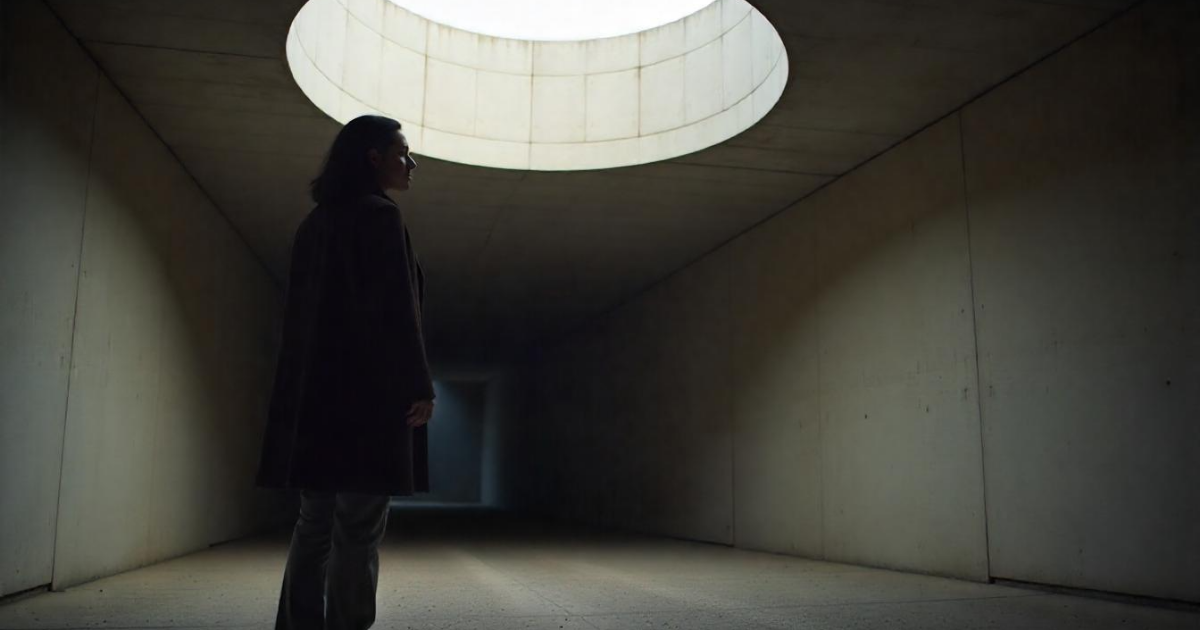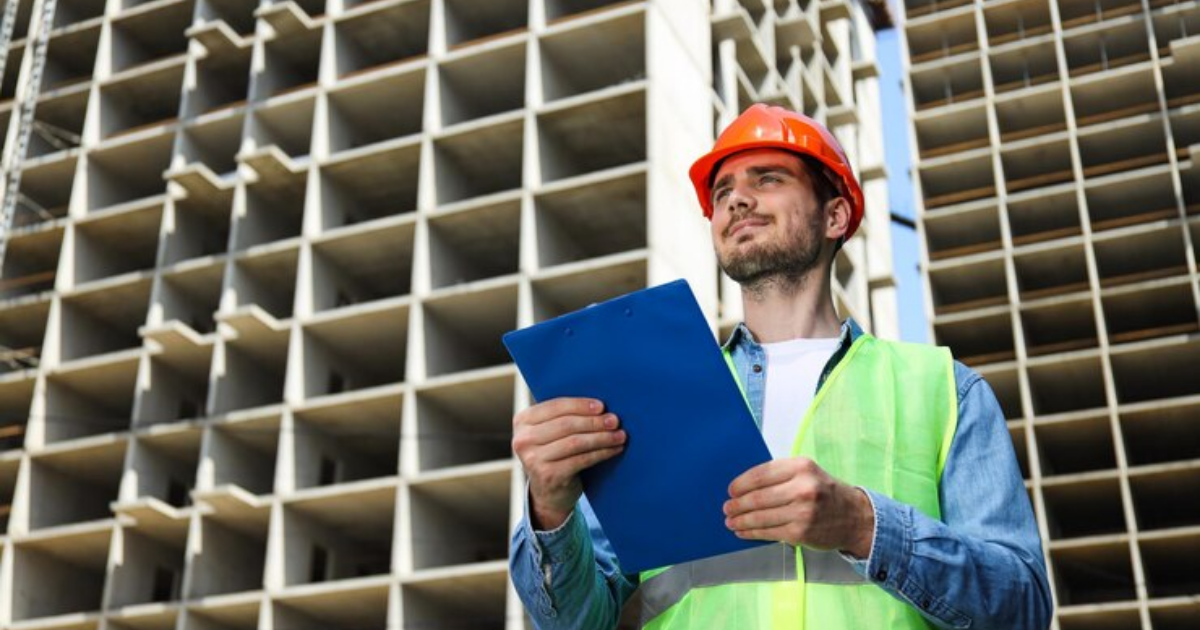In today’s fast-paced construction industry, efficiency and sustainability are top priorities. One of the most impactful innovations in recent years has been the use of ready-mix concrete, a solution that not only enhances the speed and quality of construction projects but also significantly reduces waste. As the industry increasingly focuses on sustainable practices, the role of ready-mix concrete in minimizing waste is becoming more critical. This blog explores how ready-mix concrete reduces waste, improves environmental sustainability, and enhances overall construction efficiency.
What is Ready-Mix Concrete?
Ready-mix concrete is a type of concrete that is manufactured in a batch plant according to a set recipe and then delivered to construction sites in a ready-to-use form. It is a precise mix of cement, water, aggregates (such as sand, gravel, or crushed stone), and, at times, additional admixtures to enhance certain properties of the concrete. The mixture is prepared in controlled conditions, ensuring uniformity and consistency, which makes it a preferred choice for many construction projects.
The main advantage of ready-mix concrete is that it eliminates the need to mix materials on-site, reducing the potential for material waste and ensuring that the concrete used is of the highest quality. The materials are measured and mixed with exact proportions, ensuring that nothing is wasted and the end product is reliable and durable.
The Role of Ready-Mix Concrete in Waste Reduction
One of the most significant benefits of ready-mix concrete is its ability to reduce waste during the construction process. Here are several ways ready-mix concrete helps in achieving this:
1. Accurate Material Proportioning
In traditional on-site mixing, it is common for workers to overestimate or underestimate the amount of material needed, leading to waste. For instance, incorrect mixing ratios can result in leftover materials such as cement or aggregates, which may go unused or be discarded. Additionally, improper mixing techniques can produce concrete batches that do not meet quality standards, resulting in wastage of both materials and time.
With ready-mix concrete, precise measurements are used to create a consistent and uniform product. Since the concrete is prepared in a controlled environment, the risk of using excess materials or having to discard improperly mixed batches is eliminated. This not only reduces material waste but also ensures that the final product meets the required specifications, reducing the need for costly rework.
2. On-Demand Production
One of the challenges in construction is the need to have materials on hand at the right time. In some cases, over-ordering occurs to avoid project delays, leading to excess material that may not be used. With ready-mix concrete, the production is done on demand, meaning that the exact amount of concrete required for the project is delivered when needed. This just-in-time delivery system helps minimize the risk of ordering too much or too little concrete, effectively reducing waste.
On-demand production also reduces the chances of leftover concrete hardening before it can be used, a common problem with on-site mixing. This is particularly important in large-scale construction projects where delays can lead to material waste and project inefficiencies.
3. Reduced Overproduction
In traditional concrete mixing methods, workers often produce more concrete than required due to uncertainty about the exact quantity needed. This excess concrete usually ends up being discarded, contributing to material waste. Ready-mix concrete helps address this issue by enabling the precise calculation of the quantity needed for each specific job.
Since the concrete is mixed and delivered in batches that match the exact requirements of the project, overproduction is minimized. As a result, there is less waste of raw materials such as cement, water, and aggregates, which also helps reduce the overall environmental impact of the project.
4. Less Packaging Waste
Traditional concrete production methods often involve purchasing raw materials in bulk, which leads to significant packaging waste, including plastic bags, pallets, and other materials that need to be disposed of. Ready-mix concrete eliminates the need for on-site material storage and handling, as the concrete is delivered ready to use, reducing the amount of packaging waste generated at the construction site.
This not only saves on disposal costs but also supports environmentally friendly construction practices by reducing the waste that ends up in landfills. Additionally, by using ready-mix concrete, construction companies can decrease their carbon footprint and contribute to more sustainable building practices.
5. Recycling and Reuse
Many ready-mix concrete plants have adopted innovative methods for recycling unused concrete and other materials. Instead of discarding excess concrete, it can be returned to the plant, where it is processed for reuse in future projects. Some plants also incorporate recycled materials, such as recycled aggregates, into the mix, further reducing the need for new raw materials and minimizing waste.
By incorporating recycled materials into ready-mix concrete, the construction industry can significantly reduce the amount of waste generated during projects, making it a more environmentally responsible choice. This not only reduces the need for virgin materials but also helps cut down on the energy and resources needed to produce new materials, contributing to a more sustainable construction process.
6. Reduced Transportation Waste
When mixing concrete on-site, transportation of raw materials is often required, leading to higher energy consumption and carbon emissions. Multiple trips are needed to transport materials such as sand, gravel, and cement, contributing to fuel waste and environmental pollution.
With ready-mix concrete, all the materials are mixed at a central plant and delivered to the construction site in one trip. This reduces the number of transportation activities, minimizes fuel consumption, and lowers emissions. By reducing the transportation of raw materials, ready-mix concrete helps create a more efficient and eco-friendly construction process.
7. Fewer Jobsite Delays and Reduced Downtime
One of the indirect ways ready-mix concrete reduces waste is by minimizing construction delays and downtime. With traditional on-site mixing, inconsistent batches of concrete can cause project delays due to the need for rework or additional quality checks. This not only wastes time but also leads to the potential for wasted materials, as workers may need to discard faulty concrete and start again.
With ready-mix concrete, the consistent quality of the product ensures that construction can proceed smoothly without unnecessary interruptions. This results in fewer jobsite delays, increased productivity, and less material waste due to rework.
The Environmental Benefits of Ready-Mix Concrete
Beyond reducing waste, ready-mix concrete offers several environmental benefits that make it a more sustainable option for construction projects. Some of these benefits include:
- Lower Carbon Footprint: By reducing transportation needs, minimizing raw material waste, and incorporating recycled materials, ready-mix concrete can help lower the overall carbon footprint of a construction project.
- Efficient Use of Resources: The precise mixing process and on-demand production reduce the consumption of raw materials, ensuring that resources are used more efficiently and sustainably.
- Energy Savings: The reduced need for transportation, combined with the energy-efficient production process, results in significant energy savings compared to traditional concrete mixing methods.
- Reduction in Landfill Waste: By minimizing packaging waste and recycling unused materials, ready-mix concrete helps decrease the amount of waste that ends up in landfills.
Conclusion
The use of ready-mix concrete in construction projects offers numerous benefits, particularly in terms of waste reduction and sustainability. Its ability to provide accurate material proportioning, minimize overproduction, reduce packaging waste, and support recycling initiatives makes it an ideal choice for modern construction practices. Moreover, by reducing transportation waste and eliminating jobsite delays, ready-mix concrete contributes to a more efficient and environmentally responsible construction process.
As the construction industry continues to evolve, the importance of sustainable practices cannot be overstated. Ready-mix concrete plays a crucial role in helping companies achieve their sustainability goals while maintaining high-quality standards. By choosing ready-mix concrete, builders and contractors can significantly reduce waste, lower their environmental impact, and create more efficient and successful projects.







